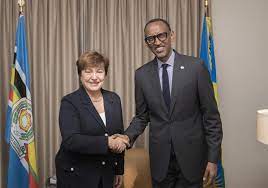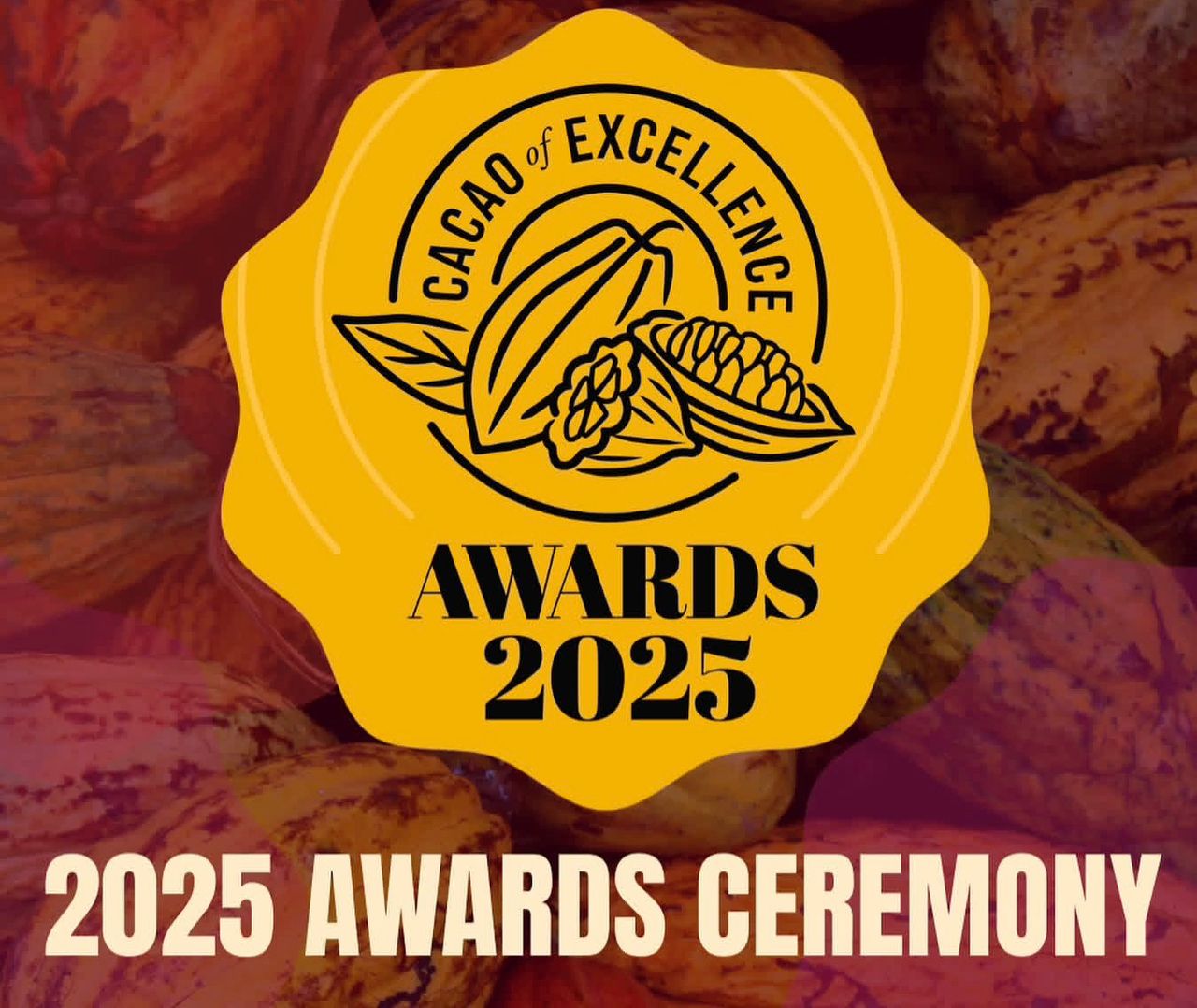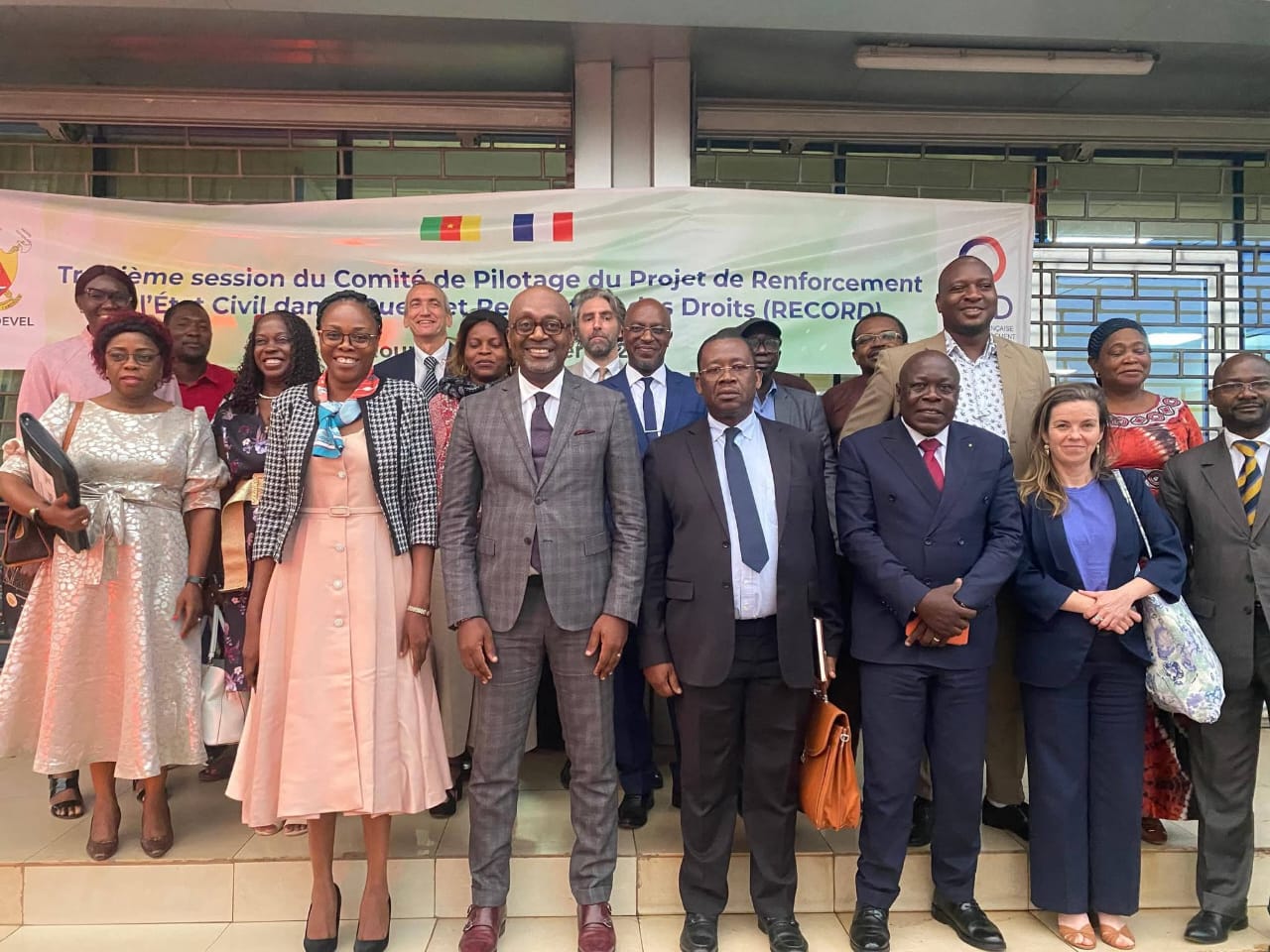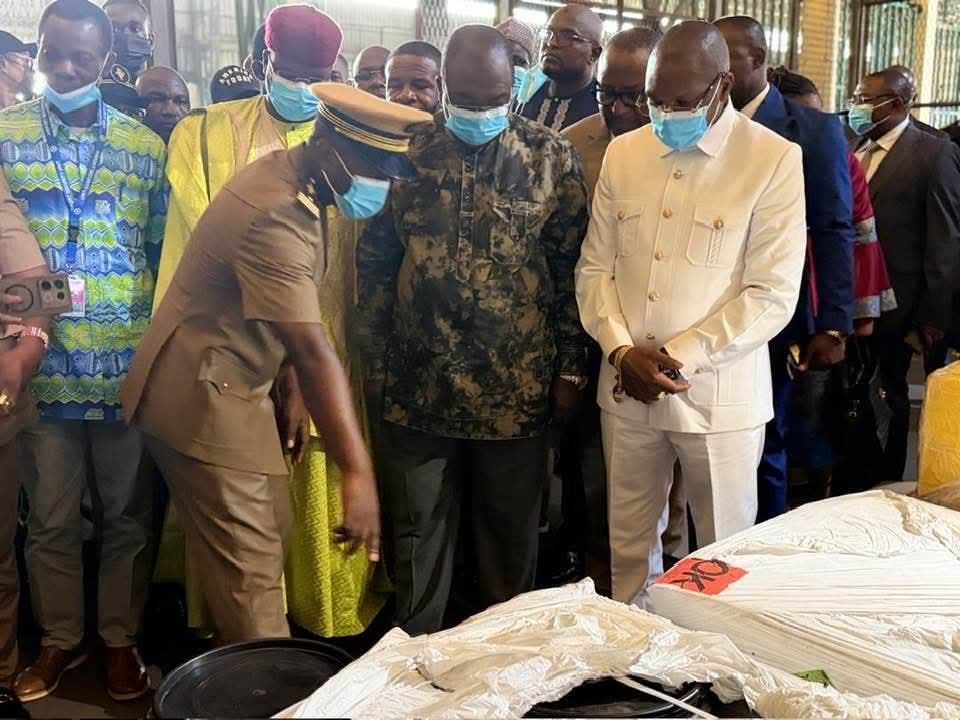The Managing Director of the International Monetary Fund(IMF), Kristalina Georgieva ended her visit to Rwanda Friday after meeting with various senior officials to discuss the country’s economic outlook.”Sad to leave Rwanda so soon, but grateful for the warm hospitality during my stay. I am impressed with the country’s deep commitment to integrate climate considerations in its development plans, and confident in the opportunity our partnership represents”, Kristalina Georgieva said via twitter before leaving Kigali.
The IMF boss appreciated the constructive discussions and the opportunity to engage with senior policymakers from the East African Community on how the institution can be an even more effective partner to help Rwanda and the region emerge from multiple crises and build a more resilient, inclusive, and greener economy.
”My visit included invigorating exchanges with Rwandan youth, women, civil society and green entrepreneurs. I came away impressed by the dynamism and creativity of Rwandan youth advocating for climate action and environmental conservation, and entrepreneurs using their ingenuity to bring climate-friendly solutions for a greener tomorrow,” she said.
While commending Rwandan authorities for being the first country in Africa to access the IMF Resilience and Sustainability Facility (RSF) for $319 million, together with a new Policy Coordination Instrument, she said this was a testament of Rwanda’s strong track record of policies and sustained implementation of reforms, including to address climate change.
“I was glad to have the opportunity to exchange views with policymakers from the region on the multi-faceted challenges they face on the heels of the COVID-19 pandemic, the economic fallout from the war in Ukraine, the cost-of-living crisis and climate change. We also discussed how the IMF could help them better address these challenges” she pointed out.
”The IMF has been there to support sub-Saharan Africa since the beginning of the pandemic with more than $50 billion provided to the region. We currently have 22 financing programs and two staff monitored programs, representing active engagement in more than half of the region. And we are ready to do more” she concluded.




